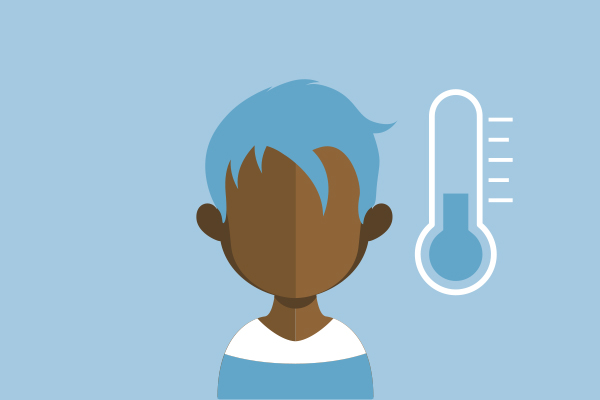The school community (students, teachers, parents, principal) will work in groups in the workshop with a case
study of the Hope college. They will explore and discuss the issues arising from the arrival of refugee students
to Hope, proposing ways of creating an inclusive climate that ensures the right to education for refugee children.
- identify the reasons not everyone has access to education,
- examine the obstacles to equality in the wider community,
- reflect on who has the responsibility of removing the obstacles to equality,
- explore ways of managing the issues that arise.
- reflect on the specific characteristics and educational needs of different groups of people,
- consider possible intercultural differences,
- recognize the perspective of others,
- work together to find solutions that satisfy all parties.
Steps
- The facilitator prepares copies of the story as well as the Worksheet.
- S/he divides the participants into groups of 4-5 persons and gives them a copy of the history of the Hope College and the Worksheet. S/he asks them to read the story and take notes:
- In the first column of the Worksheet: issues described for each group of people and others that they can think of.
- Of possible ways of addressing these issues, classifying them under the pillar (Teaching and learning/ School governance-School culture/Cooperation with the community) to which each one corresponds.
- Reflective discussion on the right to education, on the specific characteristics and needs of different groups, on the issue of individual and collective responsibility for managing similar situations.
Evaluation
Reflective circle at the end of the activity.

Duration: 45-60 minutes
Materials:
- Copies of the history of the Hope College
- copies of the Worksheet (see attachment below)
- https://www.living-democracy.com/textbooks/volume-3/part-1/unit-3/lesson-3/





